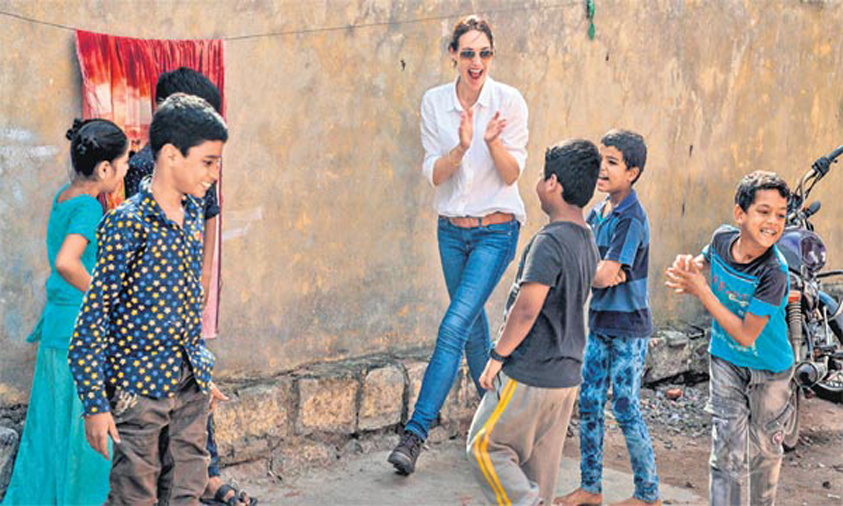For the first time since the search for an elusive cure began, a vaccine with a high probability of treating Tuberculosis among adults was unveiled by a group of international researchers in the city on Tuesday. An experimental TB vaccine ‘M72 ASO1E’ has proved to be 50 per cent effective in preventing latent tuberculosis from turning into an active disease among adults in Africa.
The researchers, while presenting the study results at a global summit on lung health here, said the world now has a new TB vaccine candidate with sustained efficacy in preventing pulmonary TB disease.
The study results, which were published in the New England Journal of Medicine (NEJM) on Tuesday, included 3,575 participants between 18 years and 50 years from South Africa, Kenya and Zambia. The study said among adults infected with TB, vaccination with M72/AS01E elicited an immune response and provided protection against progression to pulmonary tuberculosis diseases for at least three years.
The study was led by Glaxo Smith Kline (GSK) in collaboration with the International AIDS Vaccine Initiative (IAVI) and the World Health Organisation (WHO). “Currently, there are about 15 different TB vaccine candidates in the world that are under different stages of development. We are talking about this particular one because this is first time that a vaccine has displayed so much of efficacy and promise that it can actually protect already infected adults from active TB. This has not been shown in any published literature so far,” said Senior Technical Advisor, IAVI, Dr Ann Ginsberg.
The Director, Clinical Research and Development, GSK, Olivier Van Der Meeren said the safety profile of the vaccine had been very acceptable and its efficacy had been very good. “The study results have been encouraging,” he said.
Members of The Union described the vaccine as the ultimate prevention tool. “We are more cautious and also excited as we are a step closer to a vaccine for TB,” said Dr Paula Fujiwara, Scientific Director, The Union.
The researchers said although India had a large population of TB patients, the vaccine study was designed to be conducted in regions with higher TB incidence rate. “The TB incidence rate in South Africa is 10 times higher. To conduct the study in India, we would have needed more number of patients and it would have taken longer to complete the study,” Dr Meeren said.
